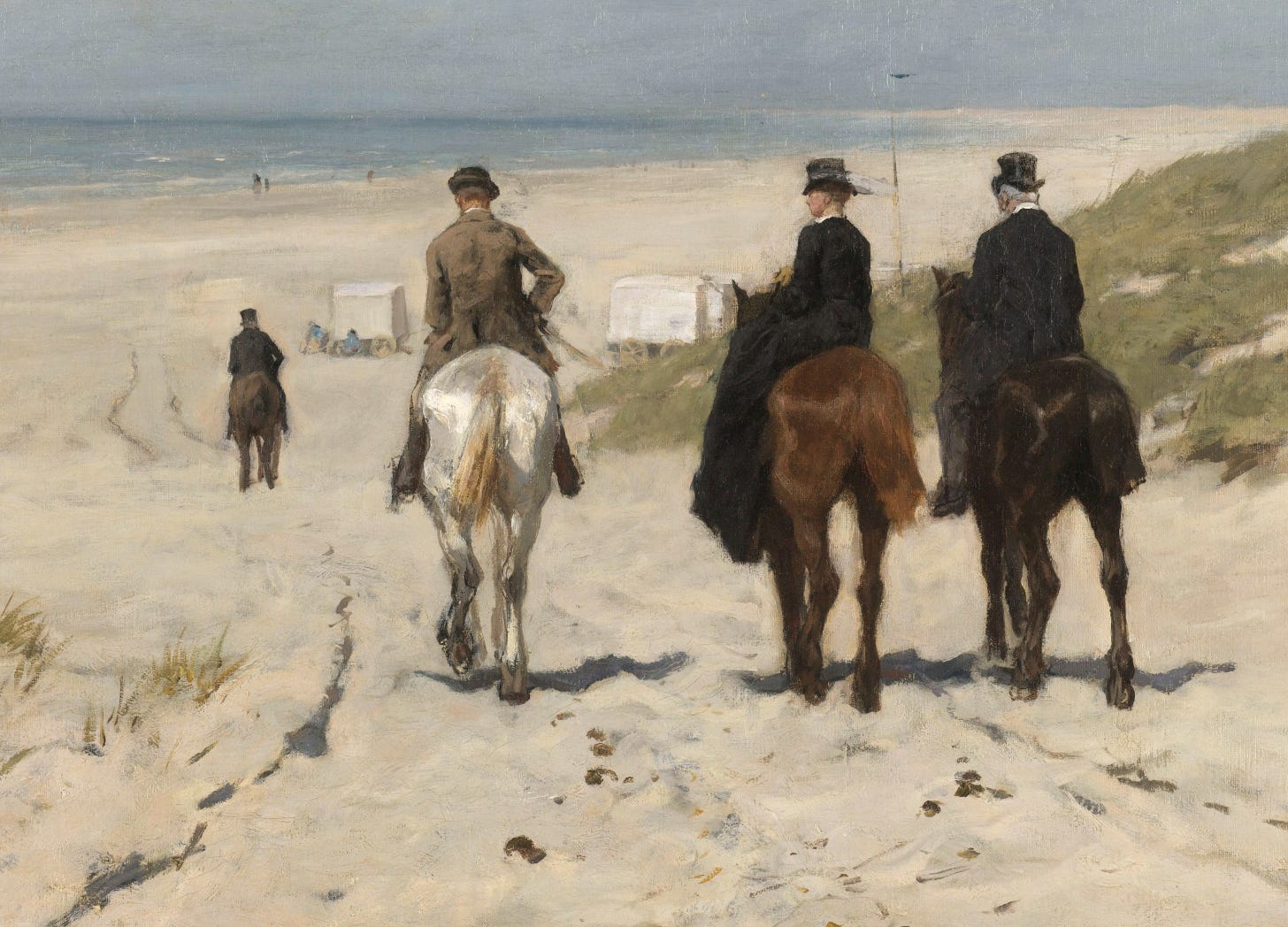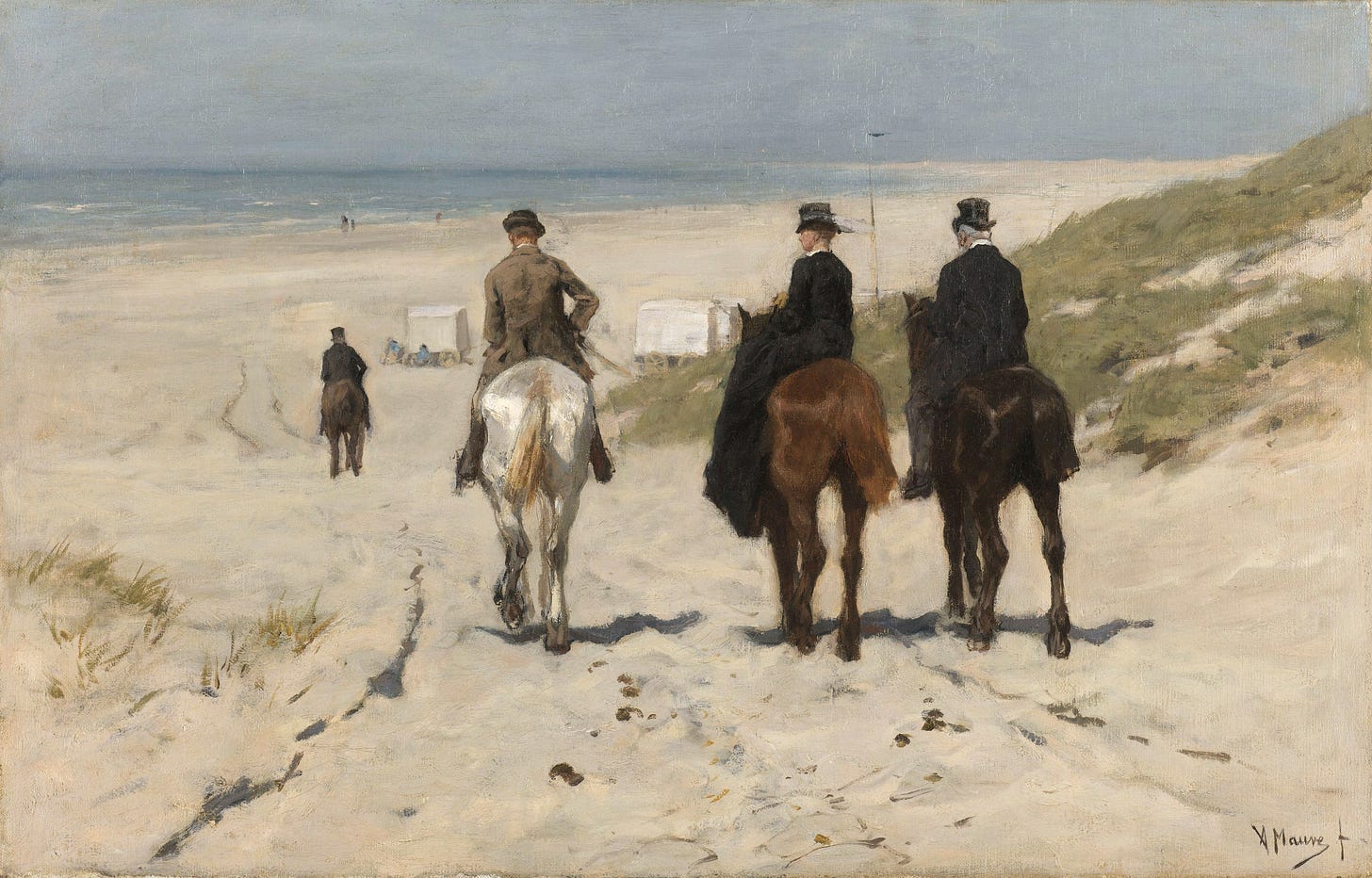What is the importance of Self-Knowledge?
Why Self-Knowledge is Essential for Personal Growth
If you have doubts about your personality, the way you see yourself, and a lack of clarity about what you truly want, this is normal.
But in this text, I will explain how this affects you on a deeper level and the true importance of self-knowledge and defining your personality.
"For a child to fulfill their potential, they need to see that potential fulfilled."
This is an idea present, directly or indirectly, in the work of many education thinkers. A child is deeply influenced by their parents (or those who were most present in their upbringing), by the environment in which they grew up, and by the experiences they had…
But not just that:
A child needs to see a "fulfilled potential" to be able to realize their own potential. This is because, by seeing these fulfilled potentials, the child becomes familiar with what is "possible or not for them." It’s important to note that this notion of "possible" is illusory; the child will believe that what they saw as a "fulfilled potential" is possible and will have more resistance or difficulty trying to fulfill potential in a way different from this.
It’s not hard to see how this relates to us.
In a certain way, we are the result of this process of influence, not only when we were children but also as young people…and why not say even as adults?
The truth is that this process of influence never ends, and it brings more confusion than clarity as time goes on.
The conclusion of this process is the definition of personality. Once an individual knows themselves and determines who they are—in other words, what their own fulfilled potential looks like—they will no longer be influenced by their environment because they have now defined where their influences come from.
And what happens when personality is not defined?
The person is always in doubt, confused amid a sea of "fulfilled potentials." The individual sees someone else's work and thinks, like a child, "I want to be like that when I grow up." And this happens countless times, repeating indefinitely. Over time, the person's self-esteem and self-confidence are affected because they themselves don’t know who they want to be.
The fact that they never truly defined who they are and what their own "fulfilled potential" should look like makes them a kind of eternal child, always susceptible to external influences, always fearful of being on the wrong path, and always quick to listen to others' opinions (often valuing them more than their own).
The absence of this process creates a deep need for external validation. Of course, some people have this need more than others. But particularly when the individual is not their own reference point for opinions, they become a kind of average of the opinions they hear, making it much harder for them to think or do something "outside the box" or outside what is considered normal.
This leads to a very common situation of being, as people say, "lost in life." The person searches and continues searching outside for something they can only find within themselves.
Self-knowledge and the definition of personality become the only way to find what the person is truly seeking. It’s a process of stopping the gathering of external information and starting to find their own answers. You cannot find outside the answer that can only be within you.
Summary
Self-knowledge is crucial for understanding one's true potential and defining personality. Without it, people remain influenced by external factors, leading to confusion and self-doubt. The process of self-discovery allows individuals to break free from external validation and find clarity within themselves. Ultimately, self-knowledge is the key to finding one's true path in life.
Detailed Notes
The Concept of "Fulfilled Potential": The idea that a child needs to see a potential fulfilled to realize their own is rooted in the belief that exposure shapes perception. If a child sees success in a particular area, they may believe that success is achievable for them. However, this can also limit their view of what is possible, creating a narrow vision of their own potential.
Influence and Personality Formation: The text emphasizes that the process of being influenced by others starts in childhood but continues throughout life. This ongoing influence can create confusion as individuals struggle to distinguish between their true desires and the external expectations imposed on them. The development of personality is the point at which an individual recognizes and defines their true self, breaking free from these external influences.
The Role of External Validation: Without a clear sense of self, individuals often seek validation from external sources, leading to a reliance on others' opinions and a lack of confidence in their own. This can result in a constant search for approval and a tendency to conform to societal norms, rather than pursuing personal authenticity.
The Importance of Self-Knowledge: Self-knowledge is presented as the antidote to the confusion caused by external influences. By turning inward and understanding one's own desires and values, an individual can find clarity and direction. This process of self-discovery is essential for personal growth and achieving a sense of fulfillment.
About the Painting:
Morning Ride along the Beach, Anton Mauve, 1876
Description:
Anton Mauve, a leading figure in the Hague School, captures the quiet beauty of a morning ride along a tranquil beach. The soft light and muted tones create a peaceful atmosphere, allowing viewers to feel the cool morning air and hear the gentle lapping of the waves. Mauve’s attention to the subtle interaction between light and shadow on the sandy shore gives this painting a sense of calm and introspection, offering a glimpse into the serene moments of everyday life in the Netherlands.
This painting is available on the Rijksmuseum website.
To view it in detail, visit the link:
https://www.rijksmuseum.nl/en/collection/SK-A-3602





